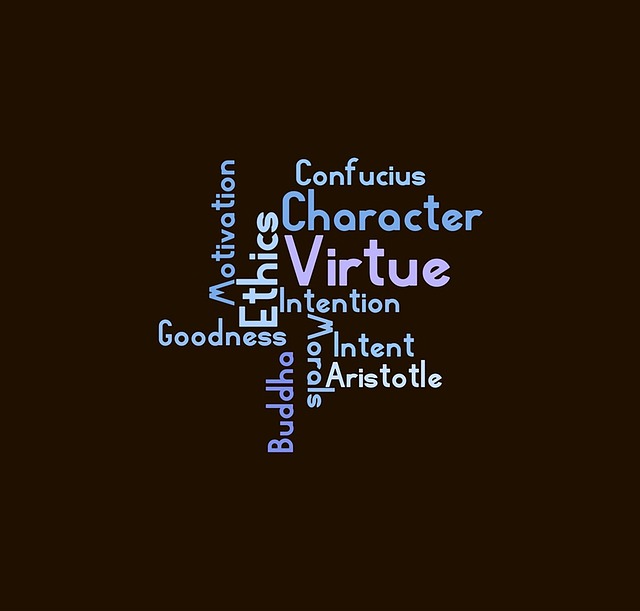Religion has long been a cornerstone in the formation of moral values across civilizations. Through its teachings and traditions, religious belief systems provide a framework for what is considered right and wrong. This interconnection between religion and morality encourages a sense of community and belonging among followers, affording them a shared moral compass.
From ancient scriptures to modern interpretations, religious texts offer guidelines that influence personal and societal ethics. For instance, in Christianity, the Ten Commandments serve as fundamental moral directives, shaping the behaviors and attitudes of millions. Similarly, Buddhism emphasizes compassion and the ethical treatment of all beings, underscoring the importance of morality not just in human interactions but also in one’s relationship with the environment.
Religion actively engages individuals in their moral dilemmas, prompting questions about justice, kindness, and integrity. When faced with ethical challenges, the teachings of one’s faith often provide clarity and comfort, acting as a guiding light. This dynamic process of moral development can foster a deep sense of identity rooted in shared beliefs and practices.
Moreover, religion can play a crucial role in social cohesion. Faith communities often work together to promote charitable acts, social justice, and community service, illustrating morality in action. These collective efforts not only enhance the moral fabric of society but also provide individuals with a purpose beyond themselves. The act of giving and serving underlines a principle warmly embraced in numerous religions: that caring for others is central to moral living.
However, the relationship between religion and morality is not without challenges. In pluralistic societies, differing moral views stemming from various religious backgrounds can lead to conflict. The key lies in understanding and respecting diverse perspectives while seeking common ground on fundamental moral principles. Finding harmony amid difference can ultimately enrich societal values, allowing for a broader understanding of morality that transcends individual beliefs.
As global dialogues continue to evolve, the importance of religion in shaping moral consciousness remains significant. It affirms the shared human experience in the quest for meaning and ethical conduct. By examining the role of religion in our lives, we can cultivate deeper moral wisdom that resonates with our unique journeys while reinforcing the foundational truths that unite us.




